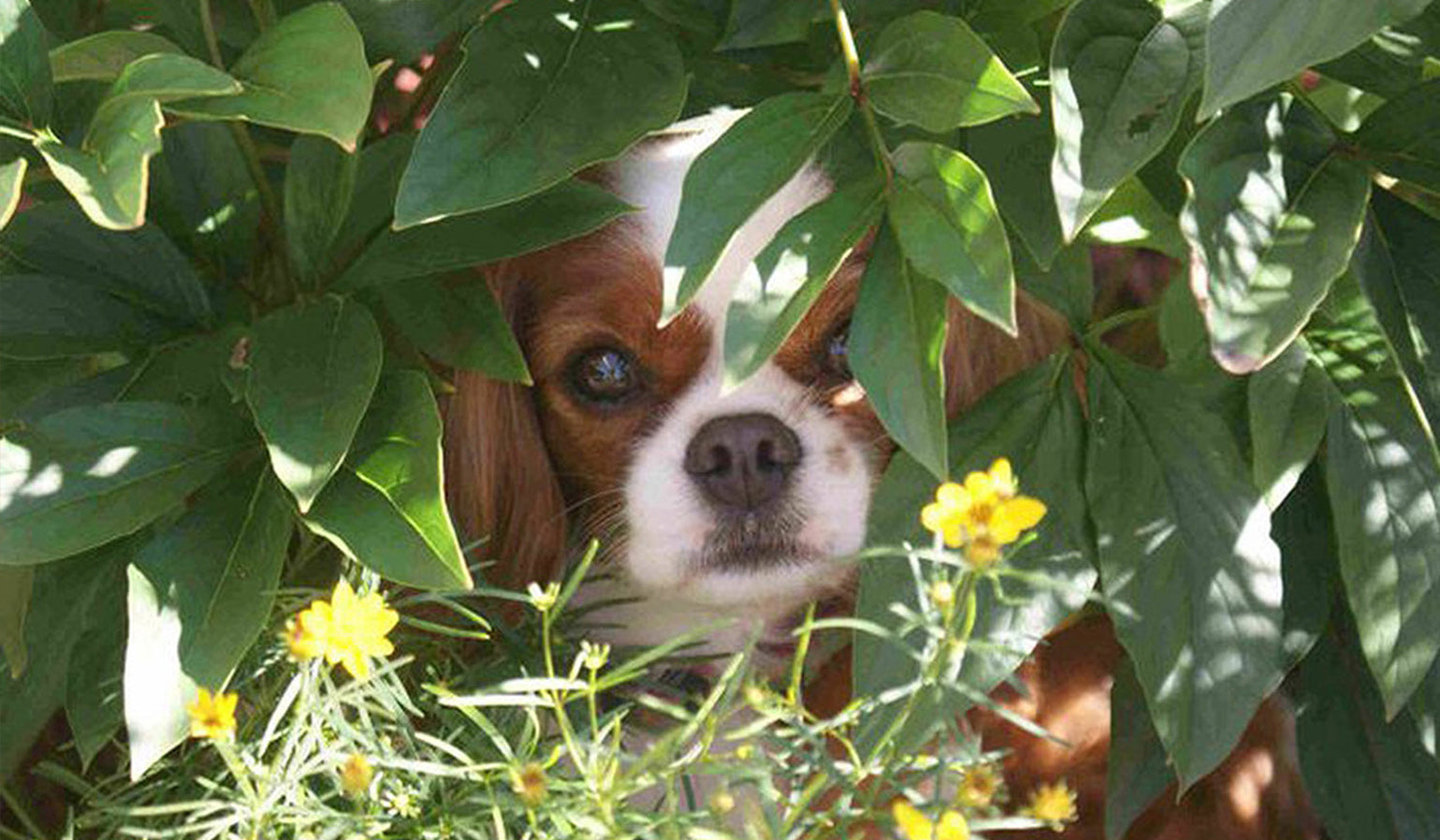While attending the Super Pet Expo in Chantilly, Virginia, last month I came upon a booth called ViaGen. It appeared to be a veterinary or medical endeavor, so I stopped by to see what they had to offer. I was astonished to find they were a cloning company! I love my pets dearly, so my mind started racing, wondering how many I could clone and which ones I would choose. I had too many questions to get all the answers right then, but the folks were nice enough to send me answers. So here you are:
Q: What types of animals can be clone and which are cloned most often?
A: ViaGen has been in business for 15 years cloning livestock and horses. We clone cows, pigs, goats, sheep, horse, deer, cats, and dogs. (note: many cows and horses carry very high price tags, so cloning the superstars makes sense)
Q: What are the most common reasons for having a pet cloned?
A: The majority of our clients clone their beloved pets because they have formed a precious, unbreakable bond, in which they would love to continue and/or replicate that relationship.
Q: If I clone my pet and my pet had a genetic problem or a health problem such as mitral valve disease, will the clone have the same problems?
A: Cloning your pet means your are getting a genetic duplicate, or twin, born at a later time and place. If the health issue in the original pet is due to genetics, then the cloned pet would have those same genetics and that same predisposition to the health issue.
Q: What kind of samples are needed for cloning?
A: The veterinarian would take anywhere between 2 and 4 skin samples with an 8 mm skin punch biopsy on the abdominal area of the pet.
Q: Can the samples be collected after death?
A: Samples can be taken after death, but must be received by our lab within 5 days of passing, and the body must be refrigerated as soon as possible after death, not frozen. Tissue is typically non-viable once frozen.
Q: How are the samples transported and stored?
A: ViaGen provides the veterinarian with a biopsy kit that is sent via FedEx with frozen ice packs to keep the samples cold. The veterinarian would then return to ViaGen, with the provided FedEx overnight shipment labels and frozen ice packs. Once a cultured cell line has been established our samples are cryopreserved in Texas and Iowa (back up location).
Q: Is there a special kit needed to get a sample?
A: Our Genetic Preservation biopsy kit is recommended for living pets; however, samples can be taken in an emergency situation using our online emergency biopsy protocol (https://viagenpets.com/emergency-pets/)
Q: Can any veterinarian retrieve samples?
A: The samples are a simple skin punch biopsy, so any veterinarian can take samples. We provide very detailed instructions inside our Genetic Preservation kit for the veterinarian and their staff.
Q: How long can the samples be stored?
A: Samples remain viable indefinitely.
Q: Is there a fee for storage?
A: There is an annual storage fee, after the first year of storage, that is $150 per year.
Q: How long does it take to clone a cat, dog, or horse?
A: The first step of Genetic Preservation takes about a month to culture the cells. Once the cells are successfully cultured, the cloning process can typically begin right away. The length of time for gestation varies per species, and is about 63 days for dogs and cats. The cloned puppies or kittens stay in our care until about 8 to 12 weeks of age and are then ready to go home to their loving family.
Q: What is the cost for cloning?
A: Dog cloning is $50,000. Cat cloning is $25,000. The first and most important step, Genetic Preservation is $1,600 (regardless of species).
Q: Do I get one dog, one cat or one horse from my cloned sample or could I get multiples?
A: Multiple embryos are transferred into litter bearing species, such as dog or cat, so there is potential to have multiple puppies or kittens born. Cloned litter sizes are typically small, wth an average of 1 to 3 born. There is no additional charge for any additional puppies or kittens born. For horses, embryos may be transferred into more than one surrogate, so there is potential for more than one foal to be born. extra foals are offered at a discounted rate. The cost for cloning a horse is $85,000 and that is for one foal. If one foal is ordered and additional foals are born, the extra foals are available for $30,000.
Q: Will the clone have the same personality as my deceased pet?
A: A cloned pet is a genetic twin to the original pet. Although we do not guarantee personality, may of our pet clients that have received cloned puppies and kittens are sharing some wonderful news about similar personalities and behaviors.
Q: Can you fix any genetic disorders the previous pet had?
A: No, we are not doing any gene editing.
Q: How long will they survive/live? Is there life expectancy any shorter?
A: Cloned animals live just as long as any conventionally bred animal.
Q: Will behavioral issues still be there or is that more a matter of upbringing than genetics?
A: Behavioral issues are based on environment, food, and training.
Q: Can you clone a clone?
A: Yes, you can.
So, my question to you: Would you clone a pet? (money aside) Some people I asked were appalled and would never consider anything like this. Others thought it sounded wonderful.

